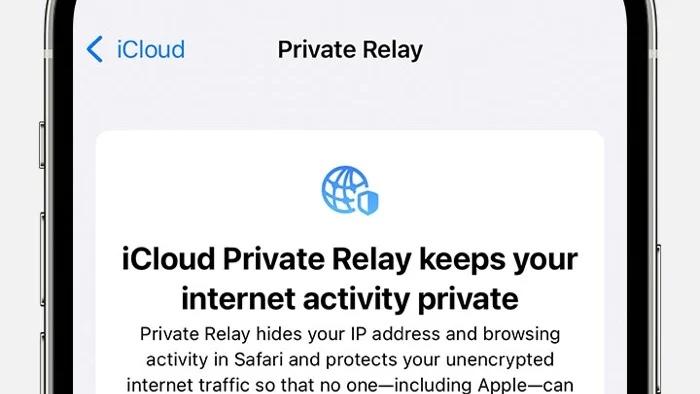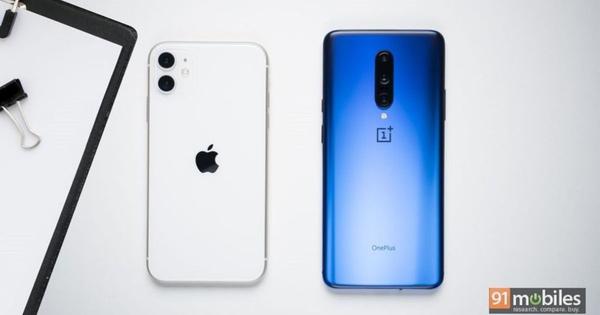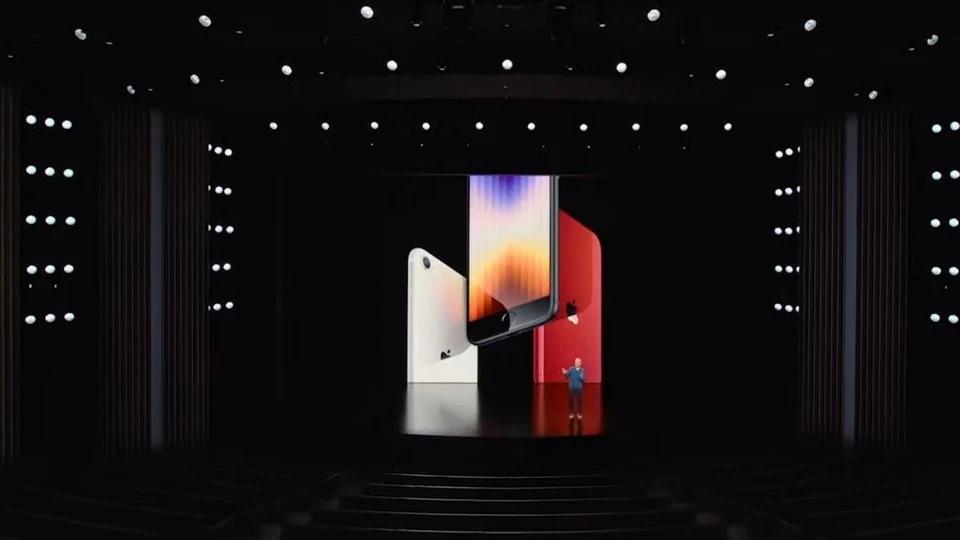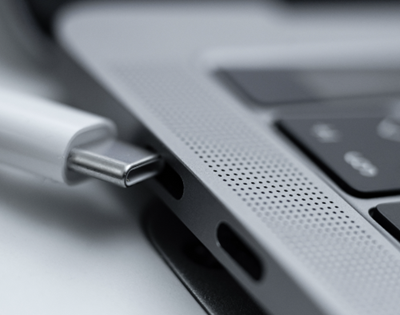Apple Says iOS 15.2 Included No Changes That Would Have Toggled iCloud Private Relay Off
iOS 15.2 did not introduce a bug that turned iCloud Private Relay off for some users, Apple said in a statement that was provided to MacRumors. The statement was in response to a T-Mobile claim that iOS 15.2 had automatically toggled the iCloud Private Relay feature off for some users.
iCloud Private Relay is an innovative internet privacy service that allows users with an iCloud+ subscription to connect to the internet and browse with Safari in a more secure and private way. We have rolled Private Relay out in beta and it's available in most countries around the world. No carrier partners have blocked their users from taking advantage of Private Relay.
No changes were made to iCloud Private Relay in iOS 15.2 that would have toggled the feature off. Users are encouraged to check their Settings to see if Private Relay is enabled on their device or for a specific network.
Apple also said that no carriers, including T-Mobile, have blocked their users from taking advantage of the iCloud Private Relay feature.
T-Mobile earlier this week was accused of disabling iCloud Private Relay for its users after some T-Mobile subscribers found that they were unable to turn on the feature. T-Mobile then released a statement that said it had discovered that the iOS 15.2 update was causing some device settings to default to the feature being toggled off, which Apple says did not happen.
T-Mobile also said that customers who have plans and features that use T-Mobile content filtering, such as parental controls, do not have access to iCloud Private Relay in order to allow these services to work as designed. It is not entirely clear why some T-Mobile subscribers were having issues, but customers who are not using content filtering should be able to use iCloud Private Relay as expected.

iCloud Private Relay can be turned off on a network by network basis, which can cause it to state that it is not working on the carrier level. If not enabled in the carrier settings on an iPhone, iCloud Private Relay won't be available for the cellular network, and the same goes for WiFi.
Apple recommends that users make sure that the Limit IP Address Tracking preference in WiFi, Cellular Data Options, or Network Settings is toggled on in order to use iCloud Private Relay, and the company has published a support document that better explains how iCloud Private Relay works, how to enable iCloud Private Relay, and what to do if a website or network does not work with the feature.
In light of the new information from Apple, T-Mobile has issued a revised statement clarifying that there were no changes made in iOS 15.2.
We wanted to update what we shared earlier. Apple doesn't change customers' settings when they update to iOS 15.2. Customers may see an error message if they previously toggled iCloud Private Relay or Limit IP Address Tracking off in their Cellular Data Options Settings. Apple has more details on their support page for this feature here.
Apple today also made changes in the iOS 15.3 beta to make it clearer what's going on when iCloud Private Relay is not working for a cellular network. The messaging now advises customers to check their cellular settings if the feature is disabled, rather than simply suggesting a carrier partner does not support it.
At least some of the confusion over T-Mobile and iCloud Private Relay may be related to the wording of the setting in the current version of iOS 15.2, which says that iCloud Private Relay is not carrier supported even if the feature is actually toggled off by the user in the cellular settings.
All three U.S. carriers yesterday confirmed that they support iCloud Private Relay, and now Apple has also made it clear that no carriers are blocking the feature.
Apple does say that there are network setups that could cause iCloud Private Relay not to work. Networks that audit traffic or perform network-based filtering will block access to Private Relay. This includes enterprise and school networks, which often have traffic monitoring policies, as well as cellular providers that are offering network-based services like Parental Controls, as is the case in T-Mobile's situation.








